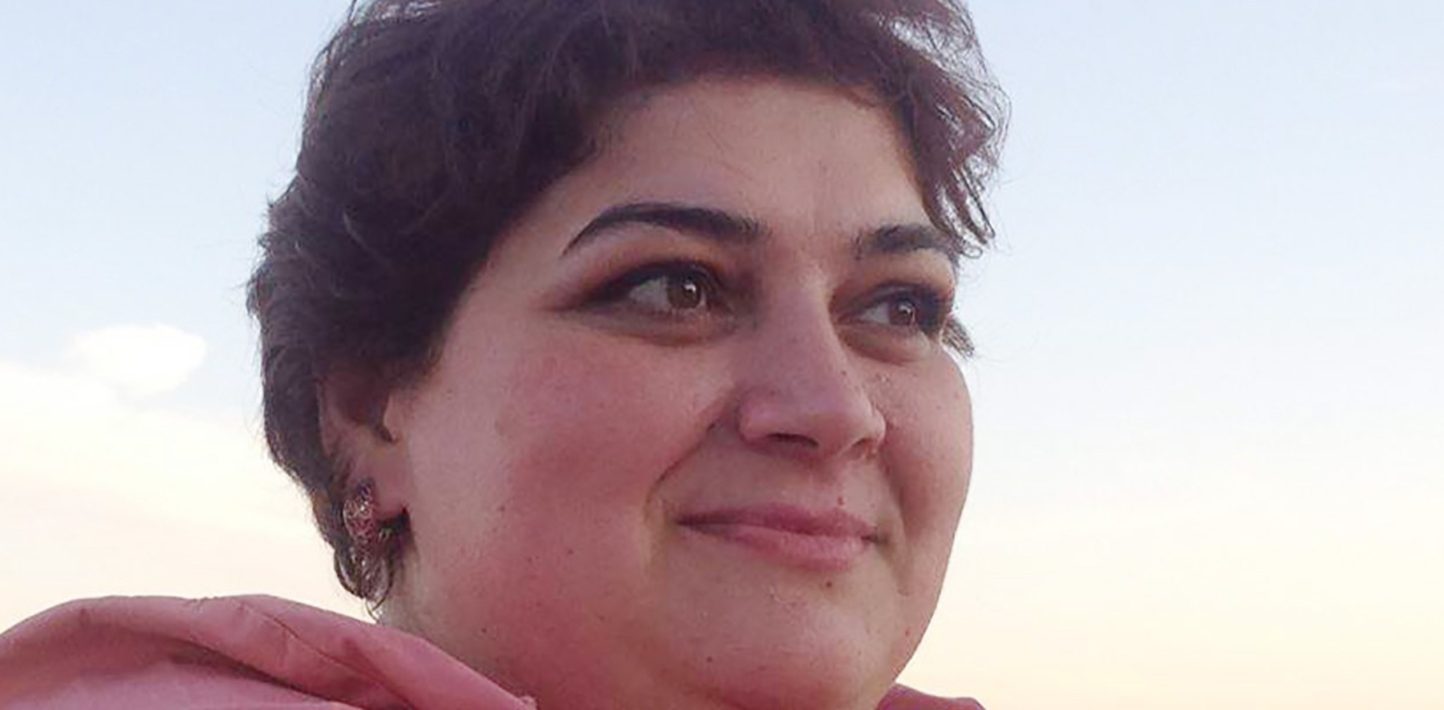Reacting to today’s European Court of Human Rights (ECtHR) judgment in Ismayilova v. Azerbaijan, in favour of journalist Khadija Ismayilova, Amnesty International’s South Caucasus Researcher, Natalia Nozadze, said:
“The European Court’s decision exposes the complicity of Azerbaijan’s judicial system in silencing a prominent journalist and attacking the right to freedom of expression in the country. Not only has Khadija Ismayilova served a prison sentence under false charges, she has suffered years of harassment by the authorities, intrusion into her personal life and vilification in state-run media.”
“The European Court’s decision also reveals the Azerbaijani authorities’ shameless misogyny in their smear campaign against a female journalist.”
The European Court’s decision exposes the complicity of Azerbaijan’s judicial system in silencing a prominent journalist and attacking the right to freedom of expression in the country
Natalia Nozadze, Amnesty International’s South Caucasus Researcher
“We call on the Azerbaijani authorities to fully implement the court’s ruling. This includes paying the awarded compensation, bringing all those responsible for human rights violations to account and putting an end to political abuse of Azerbaijan’s judicial system.”
Background
In its decision of 7 May, the ECtHR concluded that the Azerbaijani authorities have failed to protect Khadija Ismayilova’s right to privacy, contrary to their obligation under Article 8 of the European Convention on Human Rights. This violation arose in connection with state-backed newspapers’ active involvement in a vile 2012 smear campaign against Ismayilova, which included the publication of a sex tape taken by hidden cameras in her flat, and her being unable to access an effective remedy for this violation.
This is the ECtHR’s third decision in favour of Khadija Ismayilova. In February 2020, the Court ruled that Khadija’s 7.5-year prison sentence, later reduced to three years, was carried out in September 2015 “to silence and punish her for her work as a journalist”.
In January 2019, the ECtHR ruled that Azerbaijani authorities violated her rights to privacy and freedom of expression by failing to effectively investigate the sex tape case.


